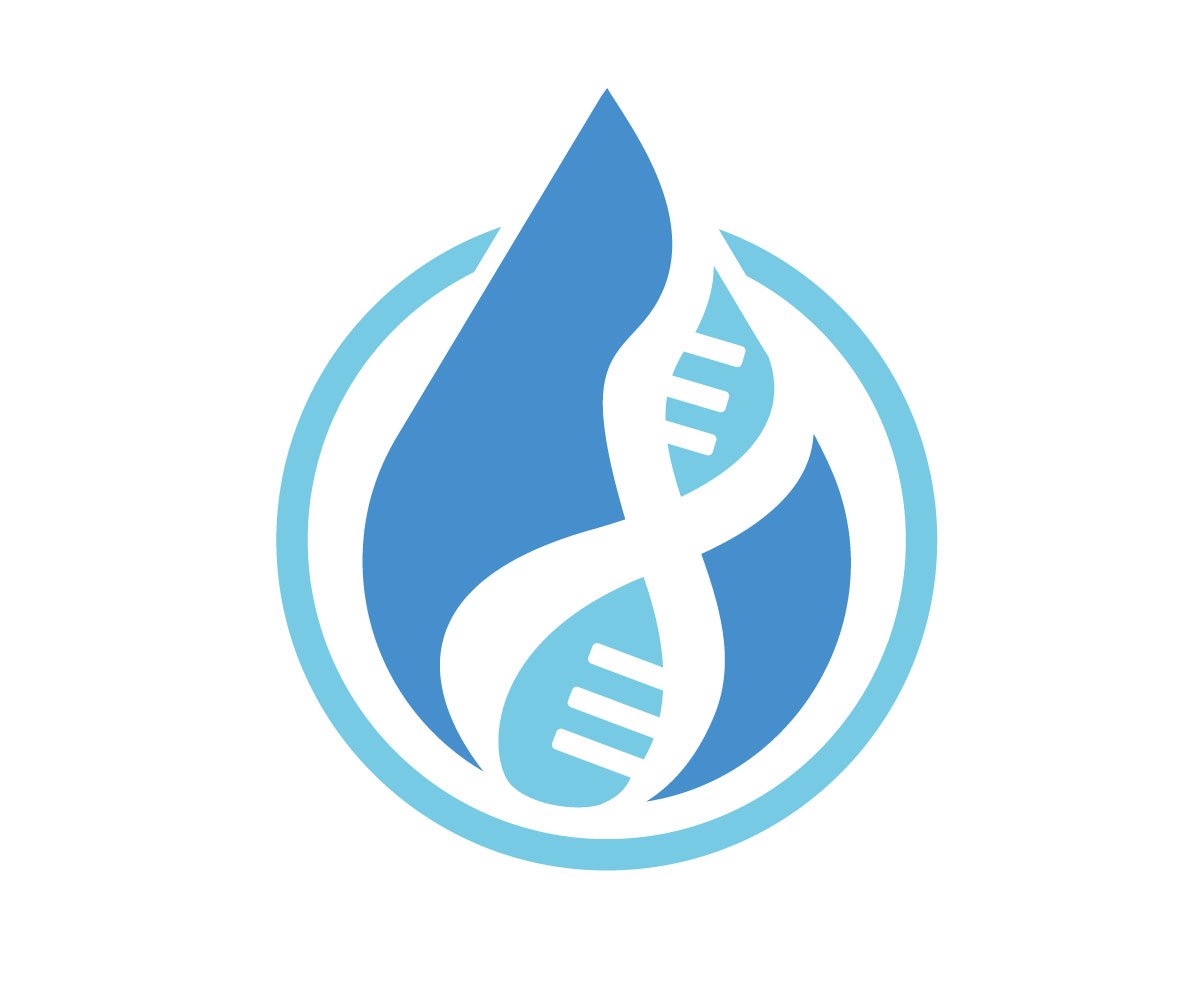Telling an Adult or Minor Child They Were Donor-Conceived if They Haven’t Been Told Yet
If you are a parent of a child who was conceived with a donor egg or sperm and they do not yet know it, the time to be proactive is now.
Sign up to read this post
Join Now

